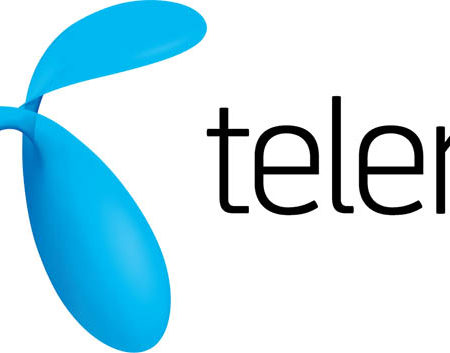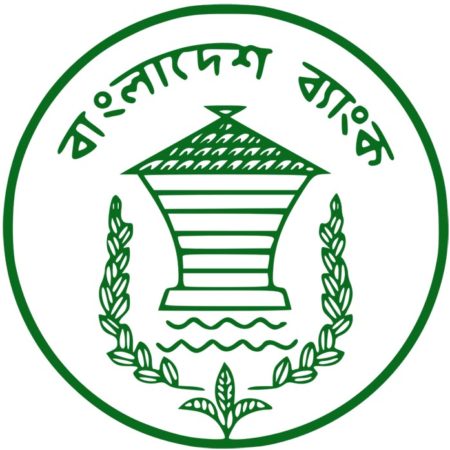Policy prescriptions for Bangladesh MFS industry
Ensuring an enabling regulatory framework through an increased role of MNO in existing MFS value chain, promoting interoperability among MFS providers across tiers, replacing mono-led agents through collaborating with partners having established distribution networks, reducing the prevalence of OTC/ partial OTC transaction (carrier of digital Hundi) are the major policy prescriptions for developing a conducive eco-system of Bangladeshi MFS (mobile financial service) industry.
MFS guideline as prescribed by Bangladesh Bank already accommodates this sort of equity partnership upto 30% (under bank-led MFS platform). MNO’s involvement in MFS value chain will reduce transaction cost significantly. Despite this provision, none of the existing MFS providers has equity partnership with MNOs. In addition to forming equity partnership, MNOs can also be licensed to introduce limited scale payment banking facilities (maximum limited deposit size, zero interest on e-wallet, cash in, cash out and all payment transfer facilities). Leveraging on existing distribution network and USSD infrastructure, MNO-led payment banking model will lead to a least cost solution to provide MFS for greater financial inclusion.
Interoperability ensures scalability of MFS providers, which in turn makes MFS commercially sustainable. Currently, Surecash’s payment platform that connects multi-bank MFS providers (Rupali Bank, First Security Islami Bank, Bangladesh Commerce Bank, Jamuna Bank and NCC Bank), provides customers mobile financial services at an interoperable level under revenue sharing agreement. There exists an immense potentiality to execute bi-lateral and multi-lateral agreement among the mono-led, standalone MFS providers across different tiers.
Developing partnership with MNOs, MFIs or Bangladesh Post Office will enable MFS providers to leverage on their existing established distribution networks and thereby reduce agent/distribution commission significantly. Distribution partner’s strong control over their distribution networks will reduce agent’s unethical practices such as OTC, partial OTC, fraud, charging unauthorized fees etc.
Multiple MFS accounts with one NID create ground for executing malpractices like OTC and partial OTC. Through enforcing policy directive ‘One MFS account for one NID’ will certainly reduce an agent’s space for carrying out partial OTC (carrier of digital Hundi). Instant MFS account opening facility through eKYC, introducing FIRA and ensuring supervisory protocol will strengthen MFS provider’s capability to develop financial integrity including AML/CFT standards.
Moreover, by ensuring usage of native language in MFS transaction through BTRC directives and broadening financial literacy through sponsored media and social campaign, MFS providers can improve financial literacy among the general mass. For reducing USSD rates strategies like issuing BTRC directives, sticking to the current practice of charging MFS providers on completed transactions to avoid USSAD running-out time and peer county (India) benchmarking can prove out to be useful.












Leave a Reply